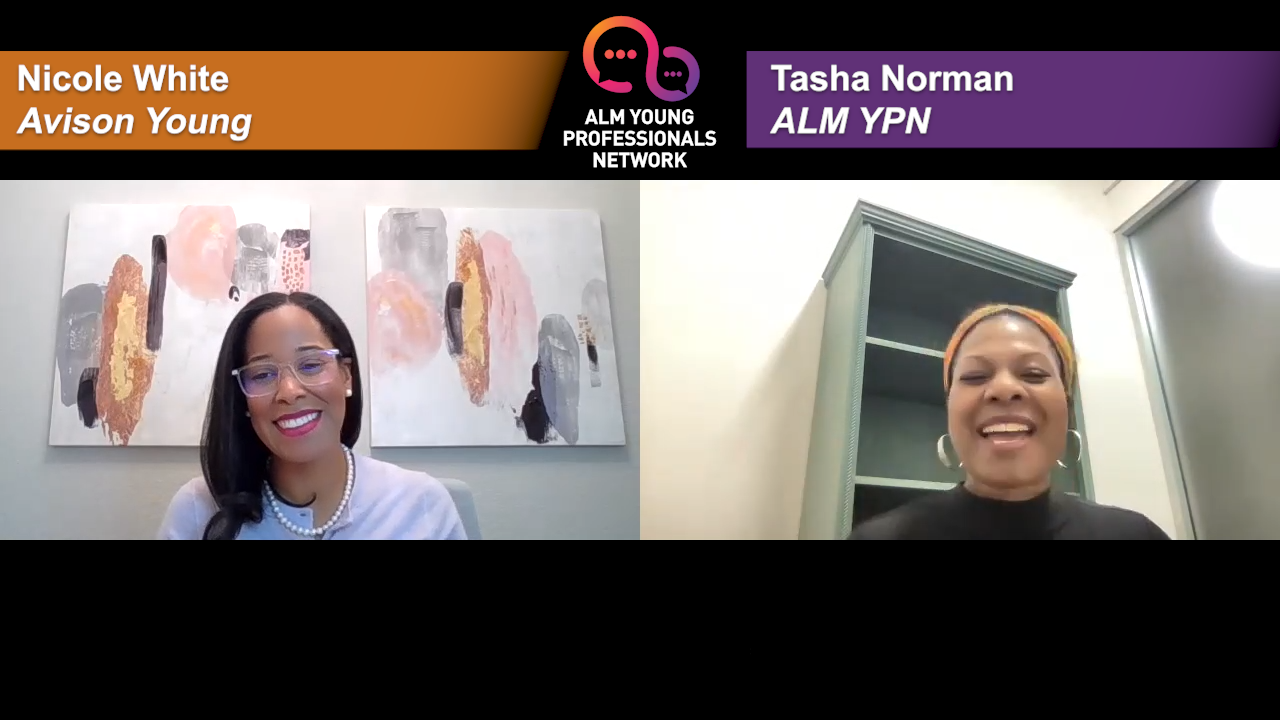NEW YORK CITY—In the past few years, the term pop-up has gone from foreign to familiar. These stores are so commonplace, in fact, that one is likely to often see them all around town in the form of restaurants, hair salons and clothing stores and the like.
Just what's behind the success of this retail innovation? GlobeSt.com sat down with top broker Joanne Podell, vice chairman at Cushman & Wakefield, to find out more in this EXCLUSIVE story.
GlobeSt.com: Why are pop-up stores good for the property owner and the retailer?
Podell: They fill a blank. There are different types: the Christmas stores, Halloween etc. that are seasonal; tenants that want to look at a market—such as a foreign company—for the first time or maybe it's an online company looking to establish a brick-and-mortar presence. It could also be an existing store looking to do a launch of some kind. And now we're seeing existing stores create these just to be in a particular market or we're seeing stores tied to events, like when the National Basketball Association sets them up during tournaments.
If a landlord has an empty building and he or she can get revenue, it's a win-win situation, even if it's temporary.
GlobeSt.com: Is there any downside to this trend?
Podell: One negative situation is when a landlord puts a temporary store of the wrong kind into an upscale building, like a Halloween store in an upscale building. That's people thinking “hey just stick everything in!” But the build-outs aren't very good.
Another challenge is when someone says they want a store next April but a landlord can't wait. So you have to get the right timing.
GlobeSt.com: What does it take to set one up?
Podell: It takes a lot of work from a retailer's perspective, these stores don't just happen. Someone has to find a site, negotiate a deal, staff up and they have to move the inventory.
When is the right time for a retailer to do this?
Podell: When you're sitting with inventory you have to move and you want to be in a location where people can see everything. But timing a pop-up can be tough: in a good market, there aren't many empty spots.
GlobeSt.com: How does this trend impact the industry as a whole?
Podell: If a store is empty and a landlord accepts a pop-up tenant, that creates a better way to show the space to prospective long-term renters than if it had been left dark and vacant.
GlobeSt.com: Will we see more of them in the future?
Podell: It's a trend that's here to stay; it's a win win.
Want to continue reading?
Become a Free ALM Digital Reader.
Once you are an ALM Digital Member, you’ll receive:
- Breaking commercial real estate news and analysis, on-site and via our newsletters and custom alerts
- Educational webcasts, white papers, and ebooks from industry thought leaders
- Critical coverage of the property casualty insurance and financial advisory markets on our other ALM sites, PropertyCasualty360 and ThinkAdvisor
Already have an account? Sign In Now
*May exclude premium content© 2024 ALM Global, LLC, All Rights Reserved. Request academic re-use from www.copyright.com. All other uses, submit a request to [email protected]. For more information visit Asset & Logo Licensing.








